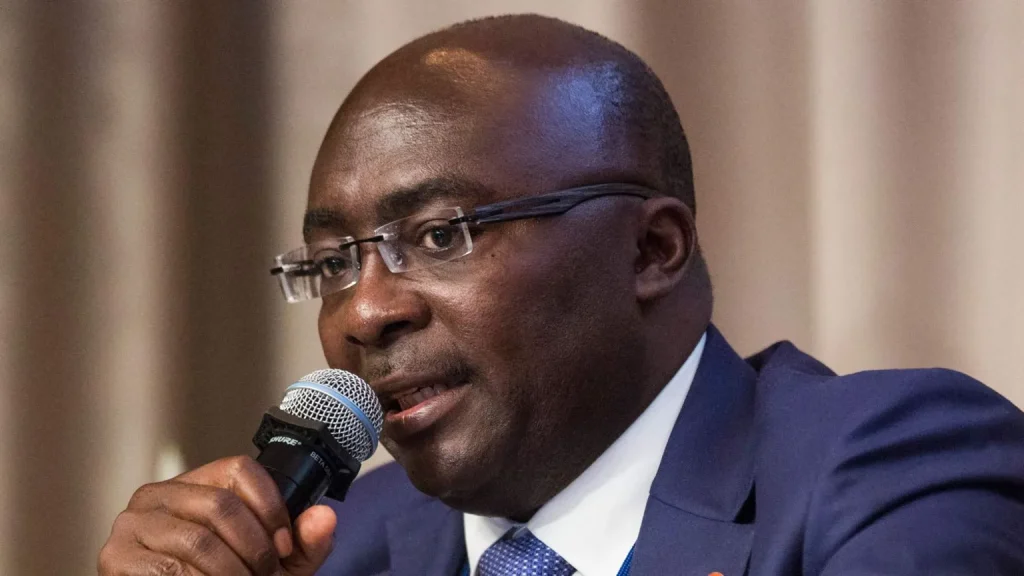Dr. Mahamudu Bawumia soared from being a political outsider to become Ghana’s second-in-command – and in December he could make history as the country’s first Muslim president.
Bawumia, currently Ghana’s vice-president, was chosen by the governing New Patriotic Party (NPP) as their candidate for the forthcoming general election.
The 61-year-old Tottenham Hotspur supporter has quite the reputation.
He is an intellectual educated at Oxford University, is never seen without his signature slim, rectangular glasses and has been dubbed “Mr. Digital” thanks to his pledge to whip Ghana into a technological heavyweight.
But because he is head of the government’s economic management team, many Ghanaians associate Bawumia with the punishing cost of living crisis they’re experiencing.
Should Bawumia overcome the criticism and win the election, he will replace his current boss President Nana Akufo-Addo, who is approaching the end of his two-term limit.
“Mr Digital” barrelled onto the political scene in 2008, sparking bemusement and scepticism.
Bawumia was a 44-year-old who had never held public office, yet Akufo-Addo – then a mere presidential candidate – had chosen him as a running mate.
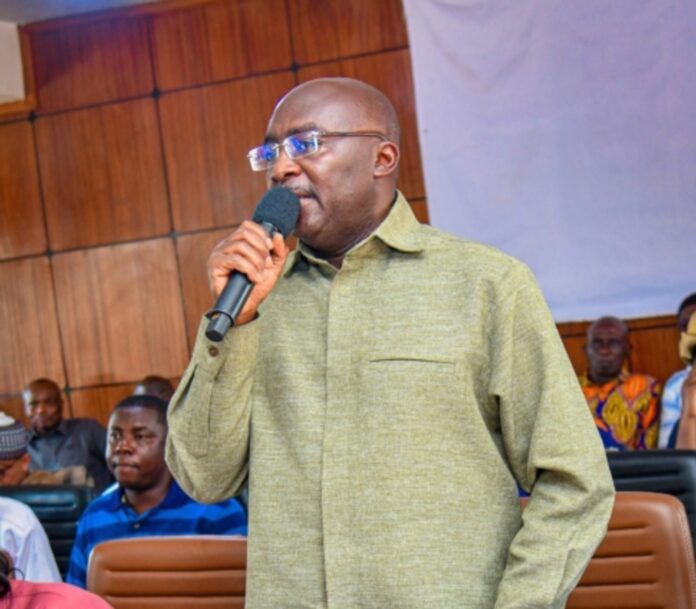
Bawumia’s father Alhaji Mumuni had served in Ghana’s earliest governments after the country gained independence from Britain in 1957, working closely with revered Prime Minister Kwame Nkrumah.
But the younger Bawumia had forged a career in economics and banking – serving as the deputy governor of Ghana’s central bank.
To many commentators and NPP insiders, it made no sense for Akufo-Addo to pick Bawumia over seasoned party members.
Akufo-Addo ended up losing the election to John Atta Mills from the National Democratic Congress (NDC) by a tiny margin.
Bawumia lost out on the VP job – but his charismatic campaign had silenced the naysayers.
“He fired [up] the NPP campaign. I think no-one else could have done a better job, to be honest, in terms of the support he gave to the NPP,” Ghanaian political scientist Dr Clement Sefa-Nyarko told the BBC.
Mahamudu Bawumia was born to mother Hajia Mariama and father Alhaji Mumuni in the city of Tamale
Akufo-Addo and Bawumia gave the elections another go in 2012. Again, they lost.
The NPP challenged the election results in the Supreme Court, choosing Bawumia as their star witness.
During the proceedings, which were broadcast on national television, Bawumia came across as witty and unflustered by the relentless, days-long cross-examination.
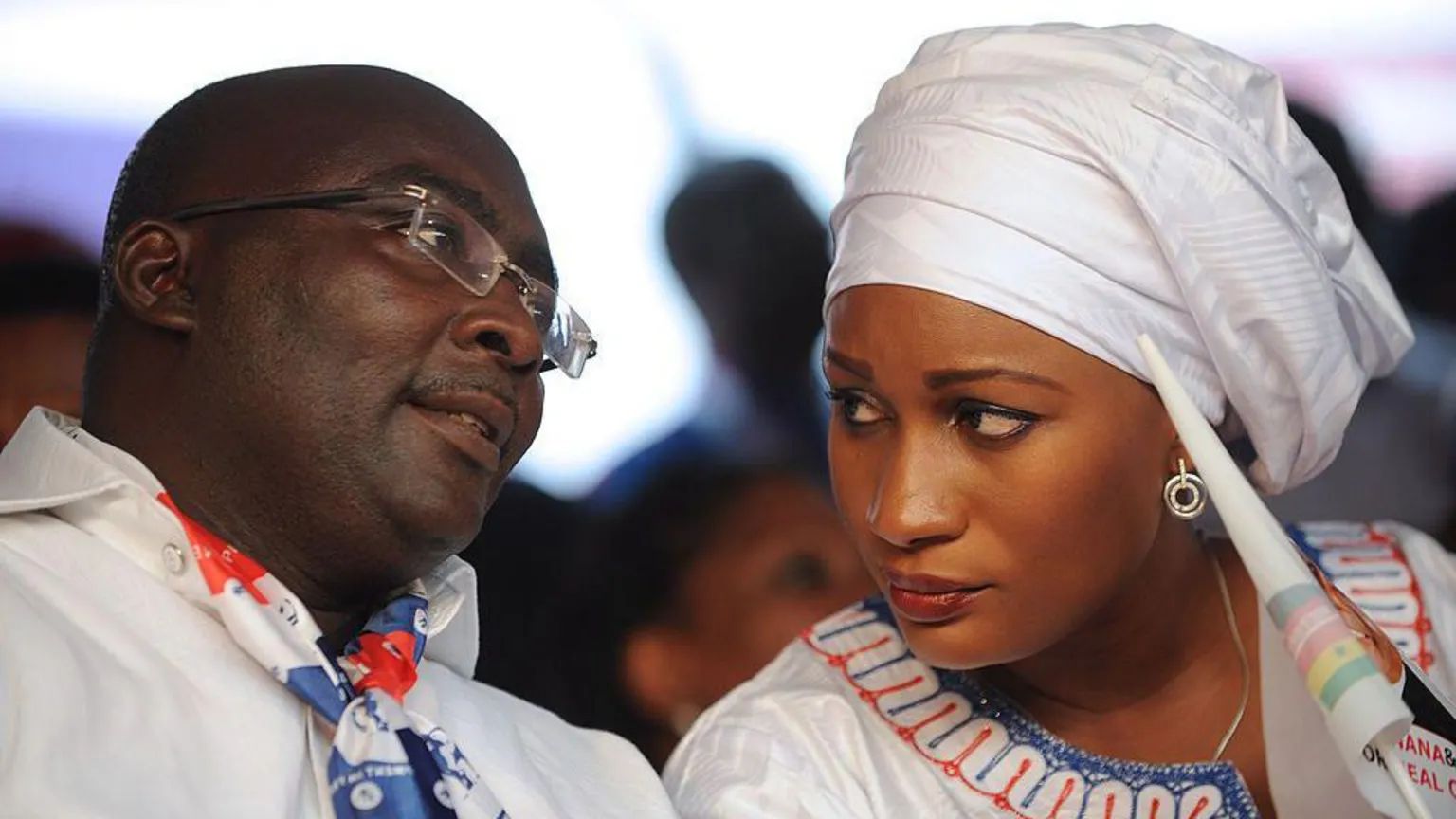
“People were like, who is this guy? He’s really the guy to root for,” said Dr Sefa-Nyarko, who lectures on African leadership at King’s College London.
Akufo-Addo decided to keep Bawumia on his ticket and in 2016, on their third shot at power, the NPP won with 51.3% of the vote. Bawumia finally became vice-president.
Bawumia’s journey to the top began in 1963, when he was born into a large family in the northern city of Tamale.
He was the 12th of his father’s 18 children.
After completing primary and secondary school in Ghana, Bawumia moved to the UK for undergraduate study and went on to gain a masters in economics from the prestigious Oxford University.
To support himself during his studies, he took up jobs as a taxi driver and cleaner.
He returned to Ghana in 2000 to work at the central bank, where he worked his way up to become deputy governor.
Bawumia’s wife is vocal about politics and has embarked on campaign tours to drum up support for the NPP
Bawumia campaigned on this economic know-how during his attempts to become VP. Therefore, he faced heavy criticism when Ghana plummeted into its most severe economic crisis in years under his watch.
Inflation hit a record 54% in December 2022 and the country was forced to take a $3bn (£2.3bn) loan from the International Monetary Fund after government debt soared.
In response to the criticism, Bawumia has said the economic management team he headed had no “decision-making powers” and that it merely provided advice to the government.
But for many, this wasn’t good enough.
“In terms of character, in terms of integrity, people started questioning themselves: ‘What is this? How did it end up here? We thought you were the best guy, and look at where we’ve ended up’,” Franklin Cudjoe, a Ghanaian political commentator and head of the Imani Centre for Policy and Education, told the BBC.
Along with his role as an economist, Bawumia has also built the reputation of being a digital visionary.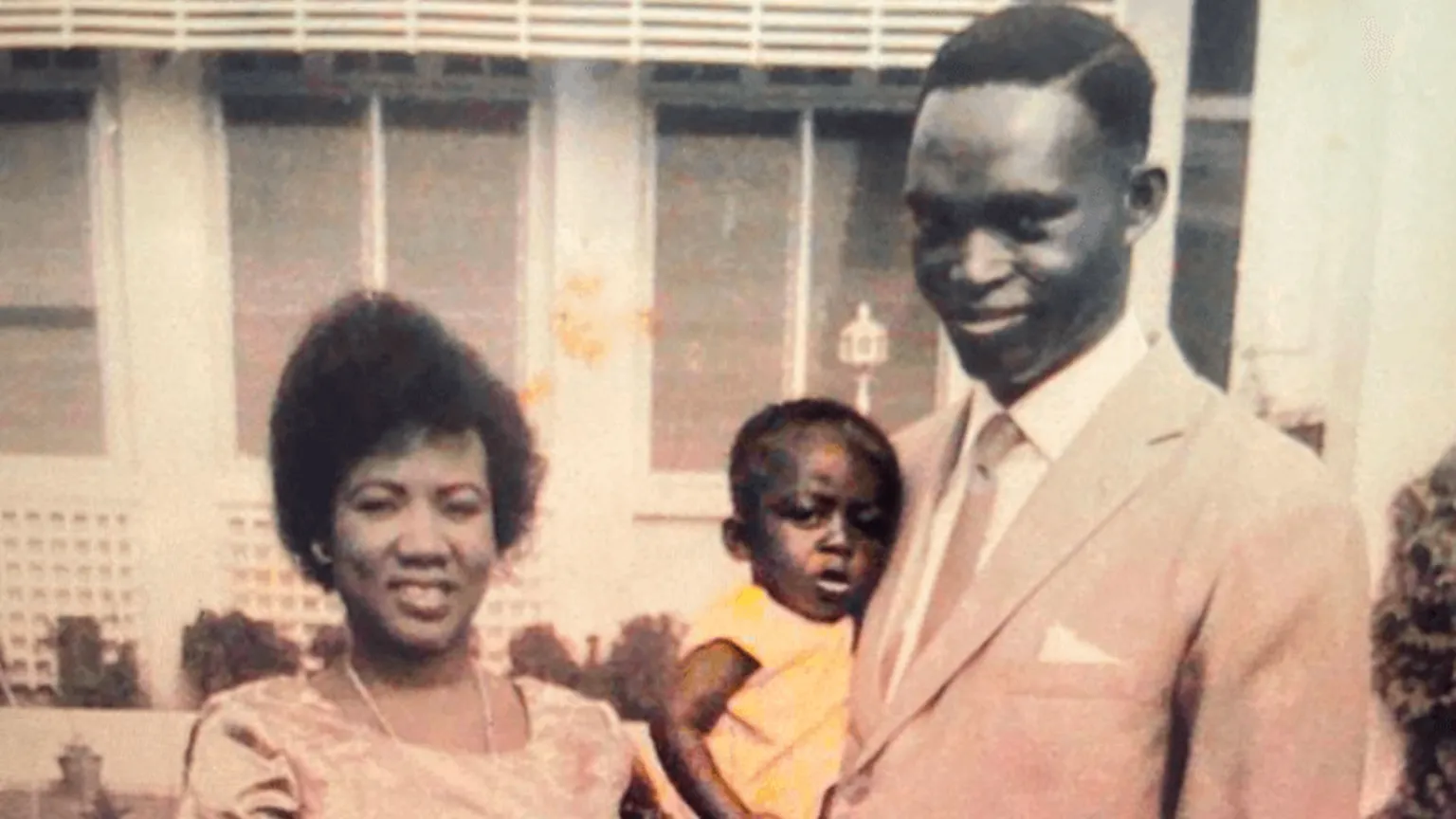
Ghana’s digital ecosystem has seen “significant growth” especially in areas such as mobile phone connectivity, Charles Abani, head of the United Nations team in Ghana, remarked last month.
This “remarkable digital transformation” was “spearheaded” by Bawumia, news website African Business reported, while Ghanaian newspaper The Chronicle hailed Bawumia’s “expertise in global digital transformation”.
Bawumia said he initiated a partnership between Ghana’s government and US-based company Zipline, which led to the creation of the world’s largest vaccine delivery network.
He said he reached out to Zipline, which uses drones to fly health products to hard-to-reach clinics, after his father died from a loss of blood.
Although this passion for technology is celebrated by some, others are more sceptical.
Mr .Cudjoe said Bawumia has been campaigning on digitalisation rather than confronting debates about the government’s handling of the economy.
“Whether Bawumia was in power or not, digitalisation was bound to happen in this country because we had already started it anyway,” Mr Cudjoe said.
Dr Sefa-Nyarko said of Bawumia: “What he has been very successful at is to push and also claim all credit for digitalisation outcomes of the current government.”
Bawumia’s supporters hail him as a technocrat
Bawumia’s personal life has also been a strength in his presidential campaign. His wife of 20 years, Samira, is a former beauty queen who is widely admired for her chic outfits.
The Second Lady is also vocal when it comes to party politics – and has embarked on campaign tours for the NPP.
The couple have four children together. They are proud followers of Islam – a religion practised by roughly one in five Ghanaians.
Most people in Ghana are Christians but there is not much evidence that coming from a religious minority will hinder Bawumia’s election chances, Dr Sefa-Nyarko said.
The NPP has given its “full support” to Bawumia’s candidacy, “his Muslim faith notwithstanding”, Dr Sefa-Nyarko added.
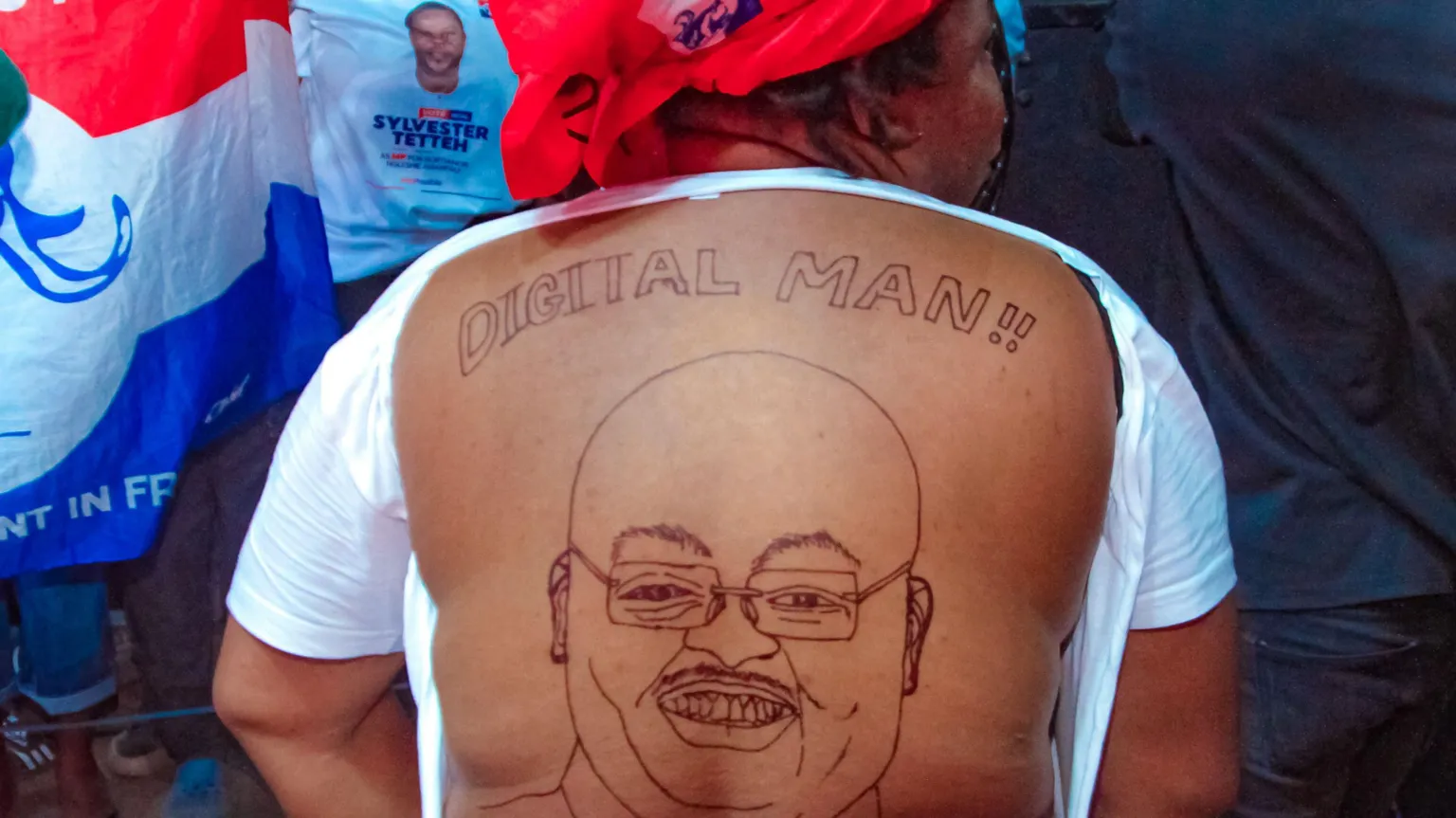
“This could translate into widespread support across the country as well.”
Bawumia’s geographical identity might be of greater consequence than his religion. The vice-president hails from northern Ghana, which is one of the NDC’s strongest political bases.
By choosing Bawumia as its presidential candidate, the NPP will be hoping to make inroads in the north, while retaining support in its heartland in the south.
Bawumia has been traversing north, south, east and west in what he calls the “possibilities bus”, a blue and red campaign vehicle emblazoned with the slogan “it is possible”.
To some, he is the face of economic mismanagement, but the vice-president retains some of the optimism he held when he was a 44-year-old embarking on an eight-year battle for power.
“I have the courage to accept when things do not go as well as planned,” he told voters in his manifesto.
“But I also have a mindset of possibilities, and faith in ourselves, that we can rise and achieve great things in our lifetime.”
BBC with additional reporting by the BBC’s Thomas Naadi in Accra


